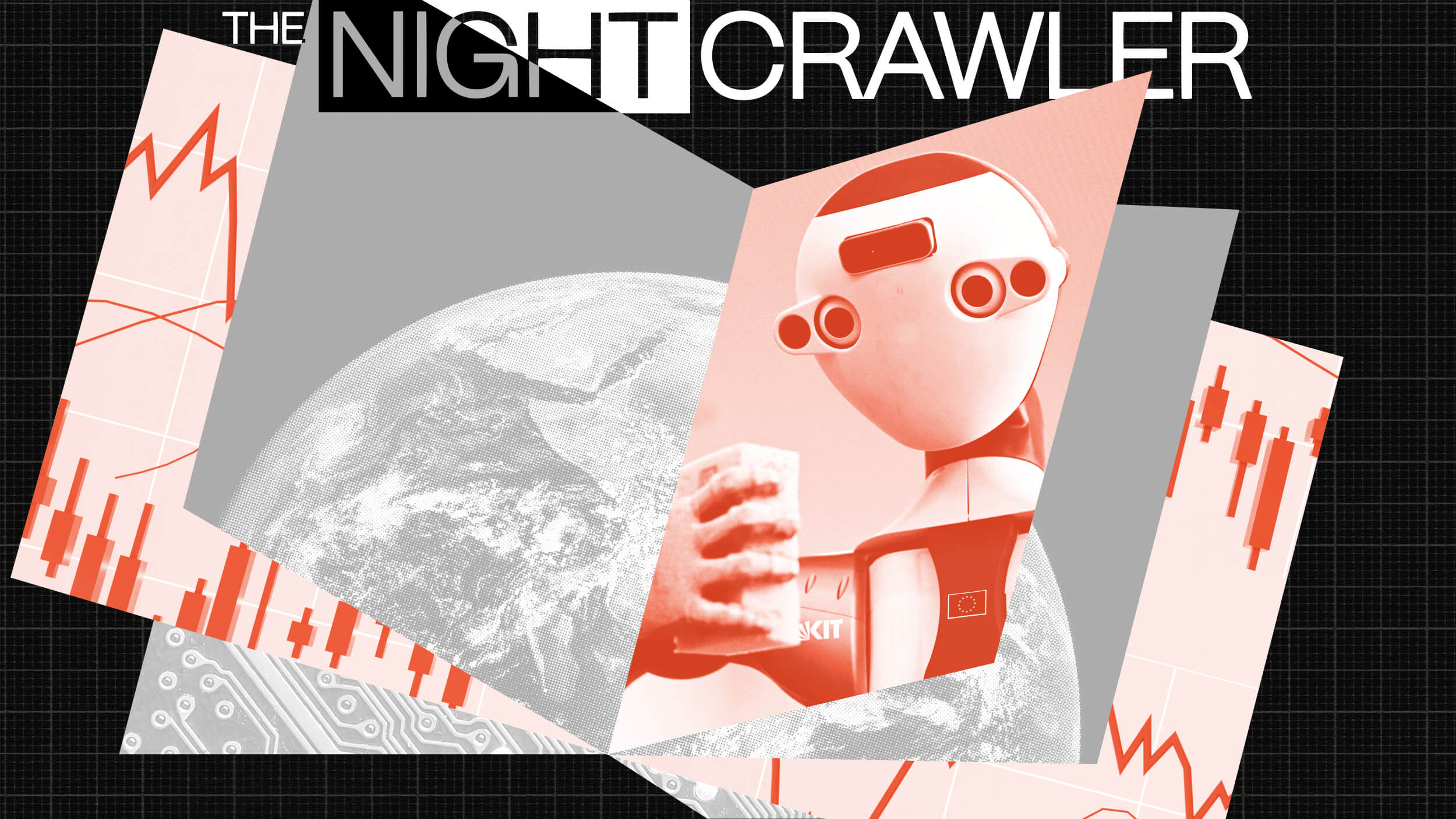The thrill is in the hunt — not just the victory

- Main Story: Fun is a cornerstone of longevity and endurance, whether in life, business, or investing.
- Successful companies like Patagonia and LEGO nurture a culture that values fun and embraces calculated risks.
- Also among this week’s stories: Jumping shark genes, hospitality as a mindset, and a crisis of rationality.
A few weeks ago, my colleague Arne Alsin shared ten personal insights from his 40+ years as an investor, calling it “the greatest game in the world.”
“The thrill is in the hunt, not just the victory,” he writes. “Every day brings a new challenge, and that’s what keeps it fresh.” I can attest that Arne is still having a blast — even after four decades. And that’s precisely the point: fun is a cornerstone of longevity and endurance, whether in life, business, or investing.
Arne’s comment sparked the idea for my latest column in Big Think: The causal link between fun and resilience.
In the piece, I explore companies like Patagonia and LEGO, where exceptional long-term results are closely tied to a culture that values fun — and embraces calculated risks. On some level, I think we all intuitively know this to be true. To do your best work, you need to be in a state of flow — and genuinely enjoy it.
Key quote: “When teams enjoy their work, they are better equipped to handle adversity and find solutions during crises. Humans are also biologically predisposed to do our best work when we’re having fun — it’s simply the way our brains are wired. Psychologist Mihaly Csikszentmihalyi’s concept of “flow” comes to mind here. When employees are in a state of flow — engaged, challenged, and having fun — they perform at their peak. Companies that cultivate an environment where fun is part of the equation are more likely to foster flow and, by extension, peak performance.”
The timeless value of delighting customers
In a recent post, Cedric Chin recaps one of my favorite non-fiction books of the last few years: Will Guidara’s Unreasonable Hospitality.
For the uninitiated, Guidara is the restauranteur behind Eleven Madison Park and the NoMad franchise. And though the book is ostensibly about the restaurant business, Guidara’s ideas hit on a more fundamental level about what actually makes a good product or service in business.
“There are two big ideas that Guidara wants to spread, it seems,” Cedric writes. “The first is that good hospitality doesn’t just exist in the context of service businesses like hotels and restaurants. No, hospitality is a mindset, and Guidara believes that any business that relies on repeat patronage from customers should think a little about hospitality.” Cedric continues:
Key quote: “The second idea is that if you want to imbue hospitality in your business, you shouldn’t just empower service professionals — you should also spend a little time thinking about how to systematize it.”
A few more links I enjoyed:
The Intentional Investor: Drew Dickson – via Matt Zeigler / Epsilon Theory
Key quote: “In this episode of The Intentional Investor, Matt Zeigler sits down with Drew Dickson, founder of Albert Bridge Capital. Drew shares his fascinating journey from self-proclaimed ‘world’s least focused student’ to successful investor and writer… Drew’s journey illustrates the power of curiosity, relationships, and perseverance in building a meaningful career in finance. His story will inspire anyone looking to grow personally and professionally while navigating life’s ups and downs.”
When To Do What You Love – via Paul Graham
Key quote: “The odds are better when you have strange tastes: when you like something that pays well and that few other people like. For example, it’s clear that Bill Gates truly loved running a software company. He didn’t just love programming, which a lot of people do. He loved writing software for customers. That is a very strange taste indeed, but if you have it, you can make a lot by indulging it.”
This Shark Lives 400 Years. Its DNA May Explain Why – via The New York Times
Key quote: “The findings led the researchers to wonder how sharks could live so long if they carried such a high number of these harmful genes. They proposed that the Greenland shark might have evolved a unique way to hijack the machinery of these jumping genes to duplicate genes involved in DNA repair.”
“Accelerating Wisdom” Episode 8: New Frontiers – via Tom Morgan / The Leading Edge
Key quote: “As a neuroscientist, Dr. Sobhani struggled in the face of mounting evidence that this reductionist view of reality was radically flawed. As we’ve learned throughout this series, nagging cognitive dissonance is a sign of a gap in our model of reality. A crisis of rationality led her to question the materialist premises that were damaging her health as much as they’ve been destroying our entire world. She told her remarkable story and outlined her research conclusions specially for The Leading Edge.”
From the archives:
Naval Ravikant: The Angel Philosopher – via The Knowledge Project (2019)
Key quote: “How you make it a habit doesn’t matter. It’s very much like exercise or working out. Do something every day. It almost doesn’t matter what you do. The people who are obsessing over, “should I be weight training?” or “should I be doing tennis?” … they’re missing the point. The important thing is to do something every day. It doesn’t matter what it is. I would argue the important thing is to read every day. It almost doesn’t matter what you read. Eventually you will read enough things, and your interests will lead you there, and that it will dramatically improve your life.”




